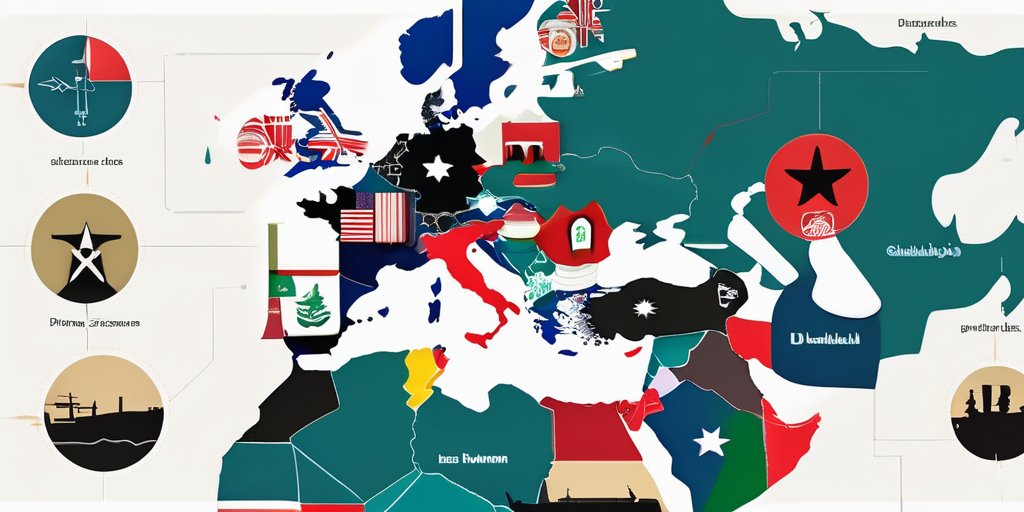In a recent statement to the BBC, Iran’s deputy foreign minister, Saeed Khatibzadeh, cautioned that the United States joining forces with Israel in military strikes against Iran could create significant turmoil across the Middle East. His comments followed an incident where the Soroka hospital in southern Israel sustained injuries from an Iranian missile attack. Khatibzadeh emphasized that this is not America’s war and warned that if President Donald Trump decides to intervene, he risks being labeled as a president who initiated unnecessary conflict.
The deputy minister articulated the ramifications of US involvement, stating it could turn the conflict into a ‘quagmire’ and prolong an already aggressive military situation. This comes at a time when the White House indicated that Trump would make a critical decision regarding direct US engagement in the conflict within a fortnight.
Israel’s military has been targeting Iranian nuclear facilities, indicating a broader escalation in hostilities following prior bombings that resulted in casualties amongst Iranian officials and scientists. Khatibzadeh described Iran’s military actions as self-defense permitted under Article 51 of the UN Charter, arguing they were provoked by Israeli aggression that hindered ongoing diplomatic discussions about Iran’s nuclear program.
Khatibzadeh responded to Trump’s statements suggesting that the conflict could have been avoided with prior diplomatic engagements, asserting that negotiations were in progress until Israel disrupted talks with military actions. This highlights the tension surrounding the nuclear agreement, with Iran claiming to have been on the verge of reaching a deal before hostilities escalated.
Moreover, the International Atomic Energy Agency (IAEA) recently indicated that Iran has amassed significant uranium enrichment, which can be a precursor to weapons-grade uranium. Khatibzadeh dismissed these assertions, insisting on Iran’s commitment to peaceful nuclear activities and arguing against starting a conflict based on mere speculation.
As diplomatic channels remain tenuous, Khatibzadeh expressed optimism about potential dialogue following an upcoming G7 summit in Canada, highlighting the need for diplomatic resolutions rather than military actions. In summary, the unfolding situation presents a complex interplay of diplomacy, military strategies, and the prospective role of Donald Trump, underscoring the importance of cautious decision-making to avoid further escalation in the region.
